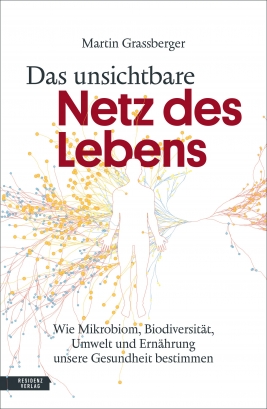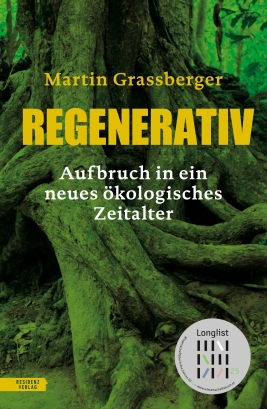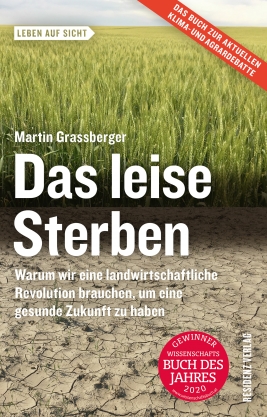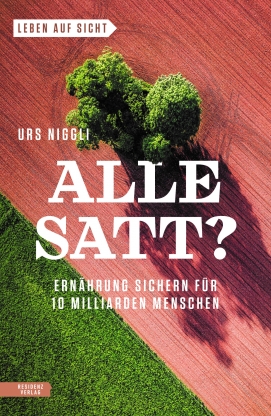
Martin Grassberger - THE INVISIBLE WEB OF LIFE
How microbiomes, ecological diversity and nutrition maintain our health
Best-selling author Martin Grassberger reveals new ways in which we can protect ourselves from harmful environmental influences.
How can we maintain our physical and mental health in these times of new pandemics, chronic illnesses, increasing urbanisation and constant media bombardment? Based on extensive ecological observations and taking into account the latest scientific insights in microbiome research, Grassberger draws conclusions on the fundamental reciprocal processes between us and our environment – and demonstrates how we can lead a good and healthy life, despite disconcerting developments. In “The Invisible Web Of Life”, Grassberger focuses on the human experience and explains how each individual can protect themselves, their children and the environment.
Book details
448 pagesformat:140 x 215
ISBN: 9783701735358
Release date: 19.10.2021
License rights
- World rights available









